

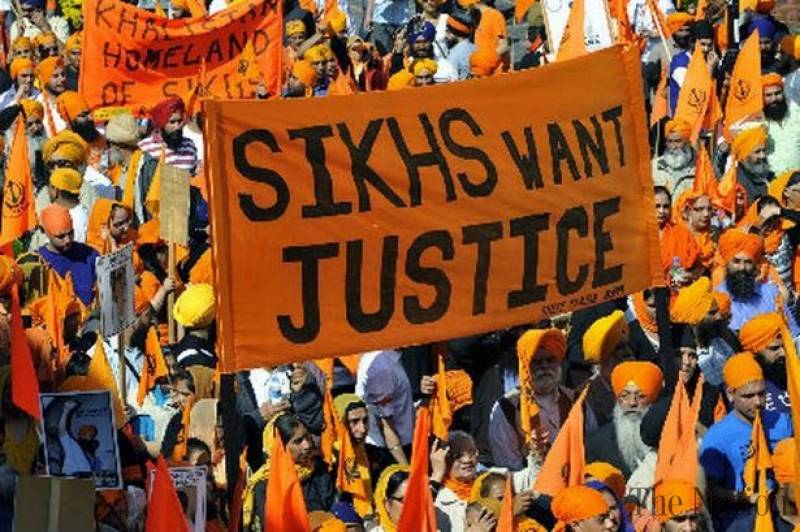
The US-based organisation, Sikhs for Justice (SFJ), has organised a car rally in Auckland to demand a separate state for Sikhs within India. This has raised concerns for New Zealand-India relations and prompted the government to respond, stating that they support peaceful and lawful initiatives. The SFJ, which has been banned by India for its alleged terrorist links, plans to hold a non-official and non-binding "referendum" in Auckland on 17 November to advocate for the creation of an independent homeland for Sikhs in India.
Sikhs for Justice Rally in Auckland Raises Concerns for NZ-India Relations
Background:
The Sikh diaspora has a significant presence in New Zealand, with the Sikh community estimated to number around 15,000. The community has historically played an important role in the country's social and economic development.
However, the recent announcement of a car rally in Auckland by the US-based organization Sikhs for Justice (SFJ) has sparked controversy and raised concerns for New Zealand-India relations.
The Referendum:
The SFJ has organized a non-official and non-binding "referendum" in Auckland on November 17th. The referendum aims to gauge support for the creation of an independent homeland for Sikhs within India, known as Khalistan.
The Indian government has banned the SFJ for its alleged terrorist links and has strongly condemned the referendum. India considers the Khalistan movement to be a separatist and terrorist activity that poses a threat to its national security.
Government Response:
The New Zealand government has expressed concern over the SFJ rally and referendum. Prime Minister Jacinda Ardern stated that New Zealand supports peaceful and lawful initiatives, but does not endorse separatism.
The government has also emphasized that it does not recognize the so-called referendum and will not allow any activities that could potentially jeopardize New Zealand's friendly relations with India.
Top 5 FAQs:
1. What is the history of the Khalistan movement?
The Khalistan movement emerged in the 1970s as a call for a separate Sikh state within India. The movement gained momentum during political unrest and discrimination against Sikhs in the Punjab region.
2. Why is the Indian government opposed to the Khalistan movement?
The Indian government views the Khalistan movement as a threat to its national unity and sovereignty. It considers separatist movements to be unconstitutional and a violation of its territorial integrity.
3. What is the goal of the SFJ's referendum in Auckland?
The SFJ claims that the referendum will provide an opportunity for Sikhs around the world to express their support for Khalistan and to pressure India to recognize their demands.
4. Has the SFJ been banned in New Zealand?
No, the SFJ has not been banned in New Zealand. However, the government has expressed concerns about the organization's activities and has stated that it will not tolerate any illegal or disruptive behavior.
5. What are the potential consequences of the SFJ rally and referendum for New Zealand-India relations?
The rally and referendum could potentially strain relations between New Zealand and India, particularly if they are perceived as supporting separatism or terrorism. The New Zealand government has stressed the importance of maintaining friendly and cooperative ties with India.

The auspicious Hindu festival of Diwali Padwa, also known as Bali Puja or Bali Pratipada, will be celebrated on November 2, 2024. This year, it falls on the same day as Govardhan Puja, making it a double celebration for devotees. The shubh muhurats for Bali Puja have been announced, providing devotees with the perfect timings to worship and seek blessings from the demon king Bali, who symbolizes the victory of good over evil.
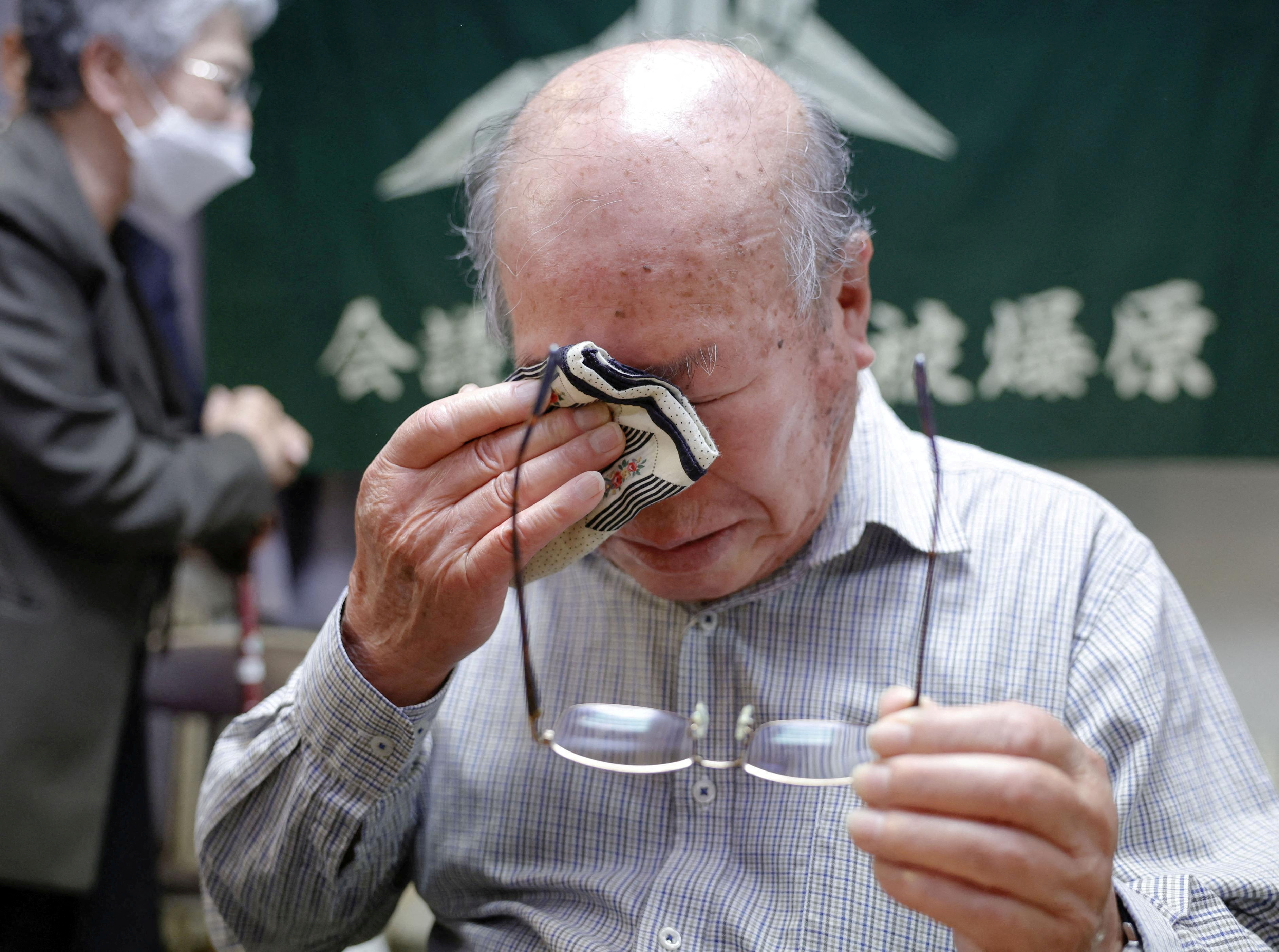
The Japanese organization, Nihon Hidankyo, has been awarded the 2024 Nobel Peace Prize for their efforts in raising awareness about the catastrophic consequences of nuclear weapons and their role in establishing a global movement for nuclear disarmament. The organization consists of survivors, known as Hibakusha, who experienced first-hand the devastation of the 1945 atom bombings in Hiroshima and Nagasaki. The decision by the United States to drop the bombs has been heavily criticized, but it also sparked a race for nuclear weapons among major powers, making the Hibakusha's efforts even more crucial in achieving a world free of nuclear weapons.

In a significant development, India has signed a $4 billion deal with the United States to acquire 31 Predator drones from American defense manufacturer General Atomics. The diverse deployment plan, which includes variants for the Navy, Air Force, and Army, emphasizes India's commitment to strengthen its maritime and aerial defense strategies. With the inclusion of a maintenance facility in India, this landmark agreement also paves the way for enhanced technology transfer and indigenous defense capabilities. This procurement marks a pivotal moment in India-US defense relations and comes as a crucial step in bolstering India's defense posture in the Indo-Pacific region.

Naftali Bennett, a self-made tech millionaire and former commando, has been offered the role of Israel's next prime minister after his party, Yamina, won just seven seats in the general election. Despite being considered an ultra-nationalist and known for advocating Jewish settlement in the West Bank and East Jerusalem, Bennett has formed a coalition with centrist opposition leader Yair Lapid, ousting long-time leader Benjamin Netanyahu. His rise to power reflects the contentious issue of settlements in the Israeli-Palestinian conflict and highlights Bennett's outspoken and combative approach.
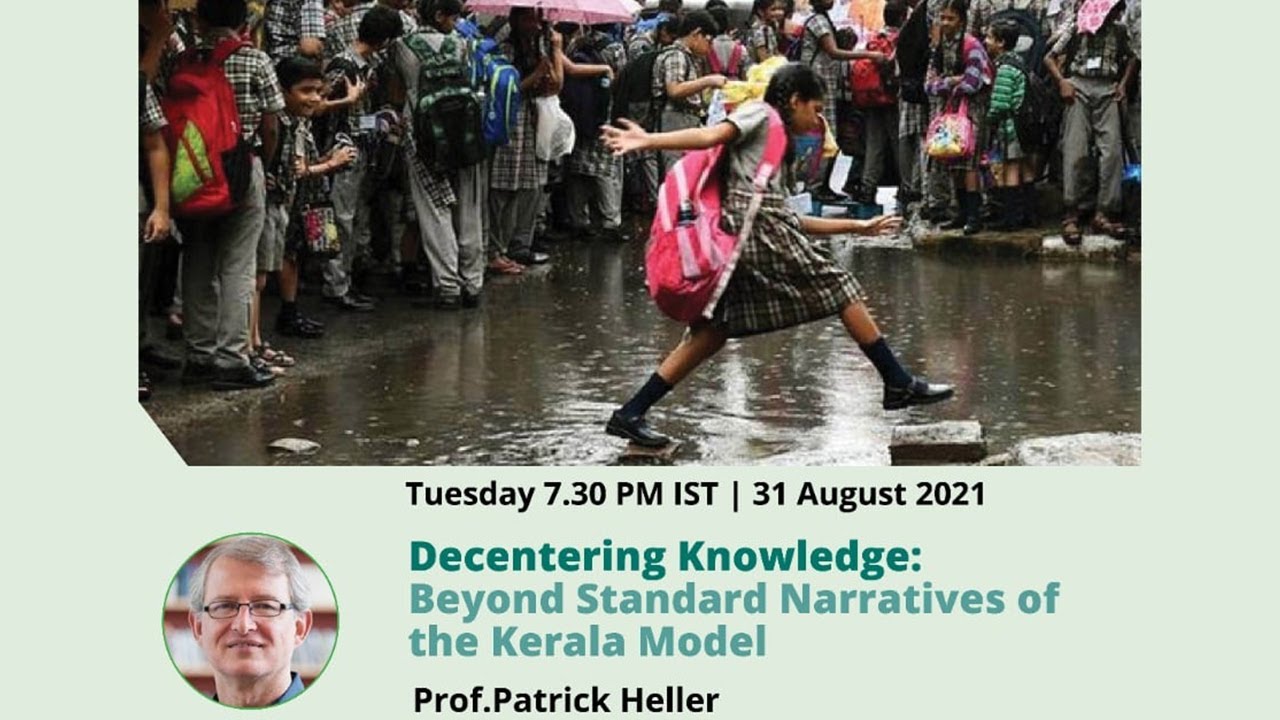
In a special interview for Mathrubhumi on the occasion of Kerala's 68th anniversary, renowned American sociologist and professor, Patrick Heller, shares his insights on the state's distinctive developmental model, based on his extensive research on Kerala's labour-driven approaches, social democracy, and participatory governance. With a Ph.D. dissertation and a book dedicated to studying Kerala's class dynamics and redistributive development, Heller's perspectives shed light on the state's progress and the challenges that lie ahead.
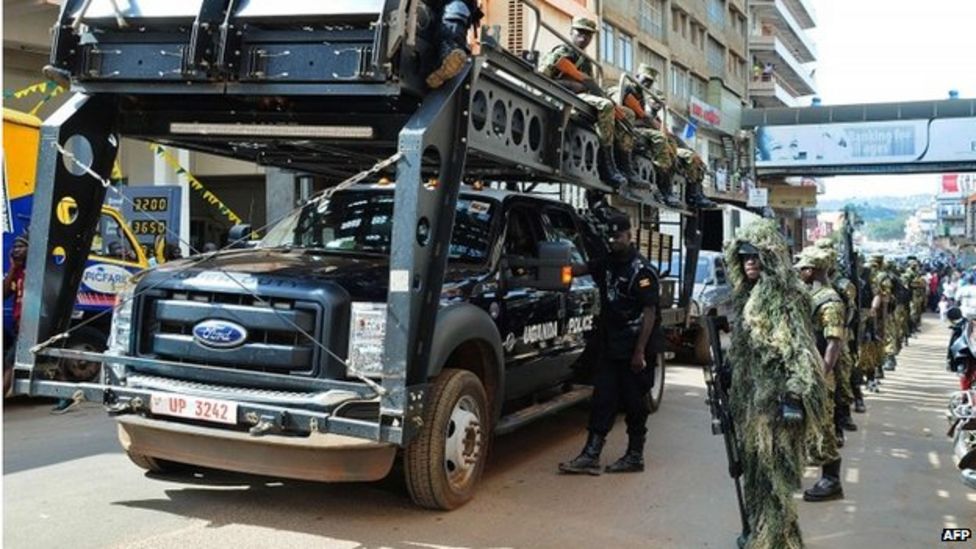
A suspected cult attack in a remote village in Uganda has left at least eight people dead, including a young child. The assault, which occurred on Tuesday night, was carried out by a new cult group that targeted their own family members. The Uganda People's Defence Forces and the police have responded to the incident, killing two of the attackers. This shocking and tragic event has left the community in mourning and searching for answers.
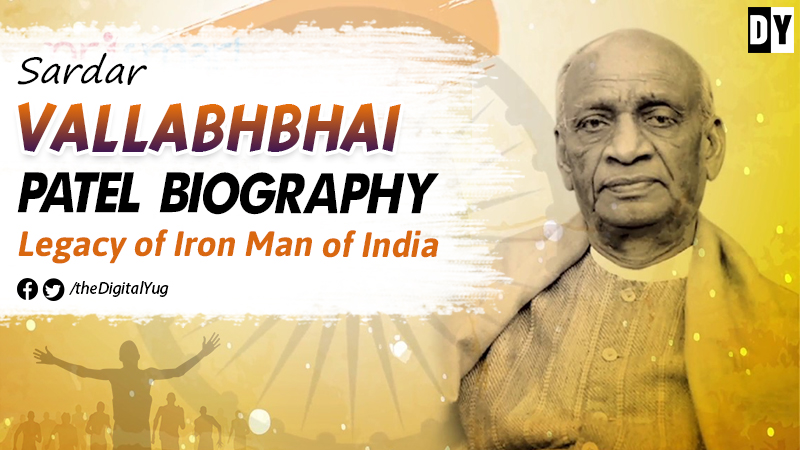
Sardar Vallabhbhai Patel, also known as the "Iron Man of India," played a crucial role in unifying the country after independence. His efforts to integrate over 500 princely states into the Indian Union have left a lasting impact on the nation's integrity. As India celebrates his birth anniversary, let's take a look at the legacy of this great leader who truly earned his title.
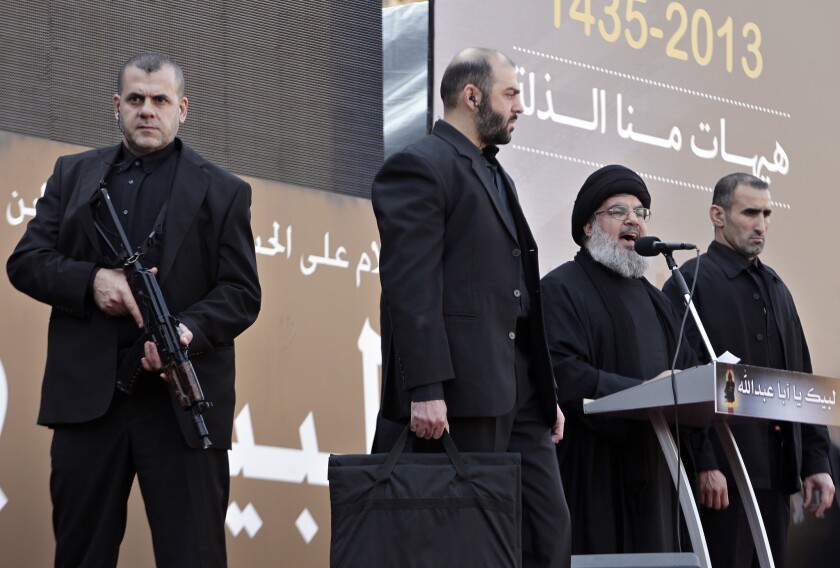
In his first public remarks as the newly appointed leader of Hezbollah, Naim Kassem stated that the group would continue their fight against Israel until suitable ceasefire conditions are presented. Despite recent losses, Kassem asserted that Hezbollah's capabilities remain intact and prepared for a prolonged conflict. He also highlighted the group's coordination with Lebanese Parliament Speaker Nabih Berri in negotiations with the US, but stated that no suitable proposal has emerged. Kassem warned the Israeli army to leave their lands to avoid further losses.
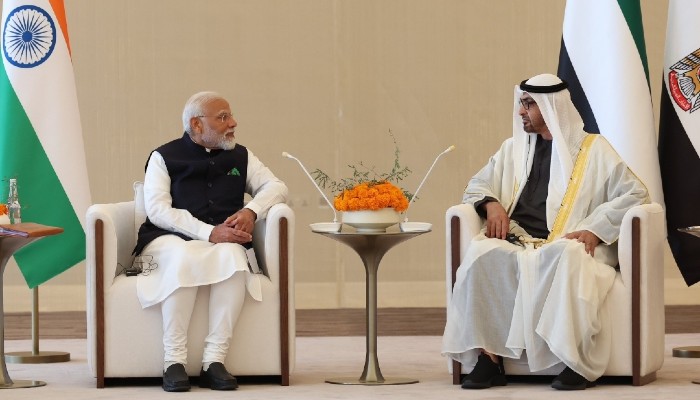
India and the United Arab Emirates (UAE) have further strengthened their already robust partnership by signing a new Bilateral Investment Treaty (BIT) on August 31, 2024. This agreement, along with several other key agreements, highlights the commitment of both nations to boost economic cooperation and bilateral investments. With an investment of US$19 billion by the UAE in India from 2000 to 2024, this new treaty aims to provide key protections for investors from both countries and maintain a resilient investment environment.